Calling to inform about telecommunication debt is one of two popular phone scams in recent days, which has just been warned to the community by the Vietnam Cyberspace Emergency Response Center - VNCERT/CC.
The Vietnam Cyberspace Emergency Response Center - VNCERT/CC under the Department of Information Security, Ministry of Information and Communications said that recently, this agency has regularly received people's feedback about fraudulent messages and calls from strange phone numbers.
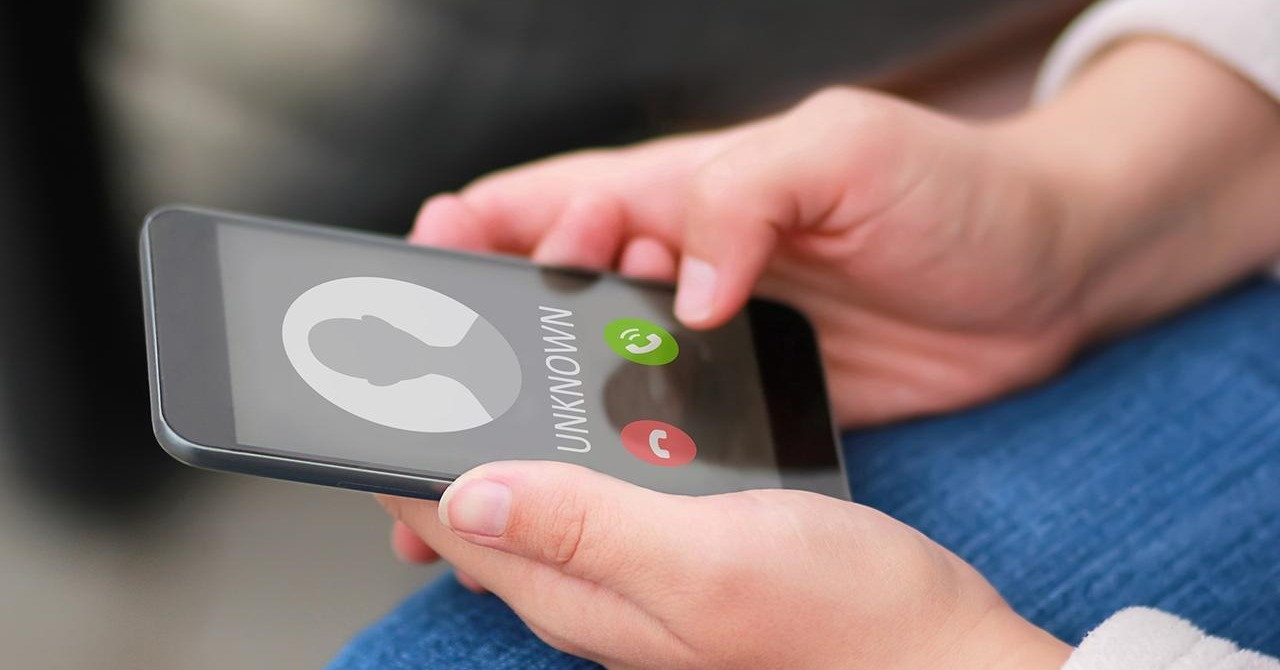
According to statistics from the Department of Information Security, in the last 2 weeks of October 2024, the unit's technical systems recorded nearly 9,700 complaints from Vietnamese users about online fraud cases, of which nearly 9,300 were complaints about fraudulent calls and messages sent via hotline 156/5656. Below are 2 common phone scams in the past 7 days, according to VNCERT/CC's assessment:
Impersonating electricity company employees to defraud and appropriate property
According to the Vietnam Cyber Emergency Response Center, scammers are currently using many tricks to lure people, especially impersonating electricity company employees to call people to help them link their bank to the application to pay their electricity bills.
Specifically, the subjects called people and claimed to be officials of the electricity company, asking and instructing people to install the electricity application to pay electricity bills. People were asked to click on the link provided by the subject to download the application, fill in personal information and transfer electricity bills to a strange QR code.
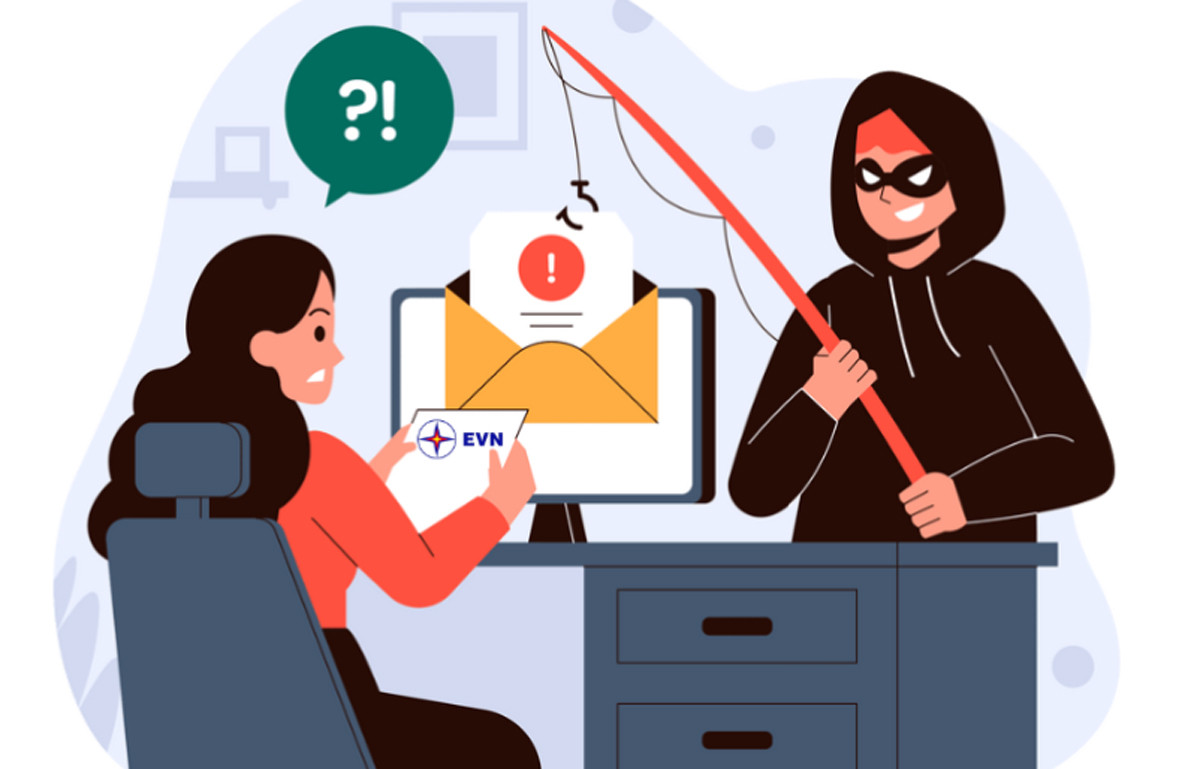
After following the scammers' instructions, people may face risks such as personal information being leaked, having their devices taken over, and money in their accounts being stolen.
The Vietnam Cyber Emergency Response Center recommends: When there is a need to link a bank account to pay for electricity, people need to look up and learn information in advance from the official website of Vietnam Electricity at evn.com.vn. In addition, people also need to be careful with any information that has not been verified and pay attention to protecting their personal information to avoid unnecessary risks.
Call to inform about debt of telecommunication bill to scam
Although this is not a new scam, many mobile subscribers have still fallen into the trap of scammers. In terms of tricks, the subject pretends to be a network employee to call the subscriber and inform them that they "owe telecommunication fees to the network", and asks people to transfer money to pay the outstanding fees.
When impersonators impersonating network operators 'read out' their personal information, many phone subscribers, worried about having their service cut off, did not think carefully and followed the instructions, transferring money to the account provided by the scammers. After taking the money, the scammers will block communication and erase all traces.
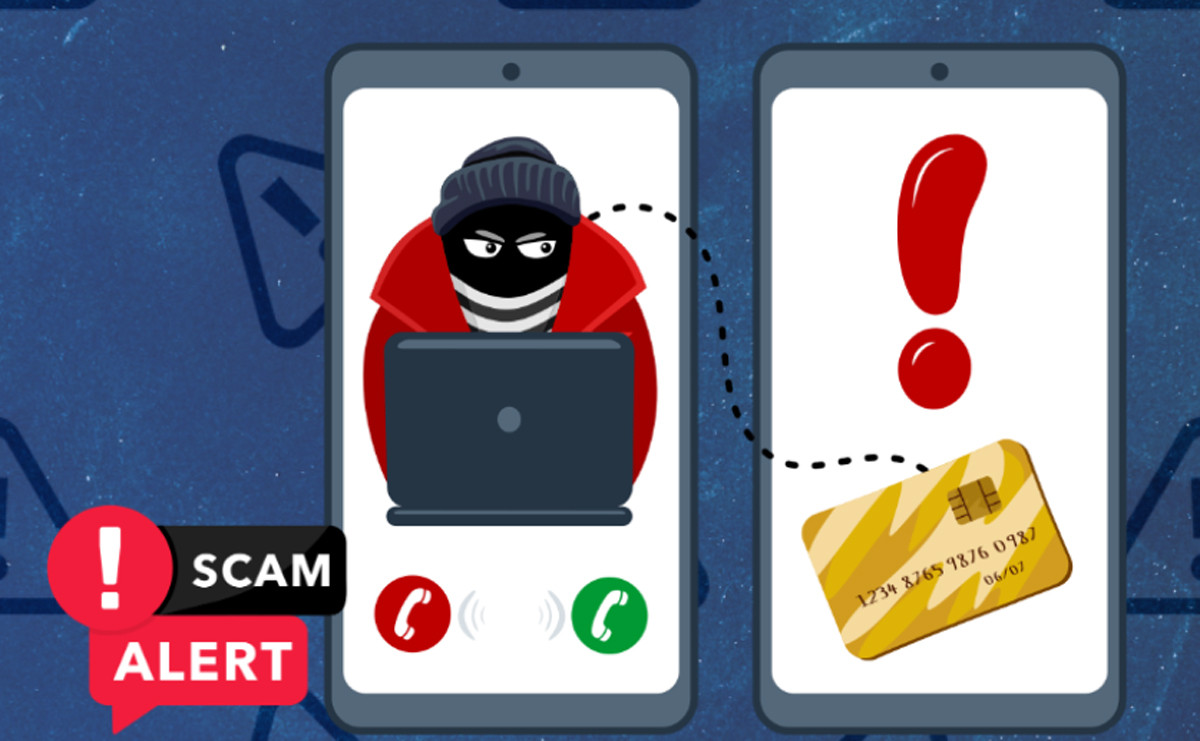
To avoid becoming a victim of this popular form of phone fraud, the Vietnam Cyber Emergency Response Center recommends that people be careful when transferring money to pay for service fees; and at the same time, be vigilant against information and notifications provided by strangers via phone calls, chats, text messages or emails sent to phones to prevent the risk of being scammed and having their personal information and data stolen.
In addition, people are also advised to keep text messages or call recordings as evidence to report to the telecommunications company managing their phone subscriptions to request support and handling when encountering a suspected fraud situation. People also need to immediately report to the police for handling or notify the criminal hotline number '0692348560' of the Criminal Police Department for timely guidance and support.
| The Department of Information Security stated that online fraud is on the rise in Vietnam's cyberspace. In this context, the fact that many people still do not understand the importance of protecting personal information, lack knowledge and are subjective in the face of online fraud threats is posing many challenges for agencies and units in the fight against online fraud. |

Source: https://vietnamnet.vn/lai-ro-chieu-lua-dao-goi-dien-thong-bao-nguoi-dan-no-cuoc-vien-thong-2337841.html












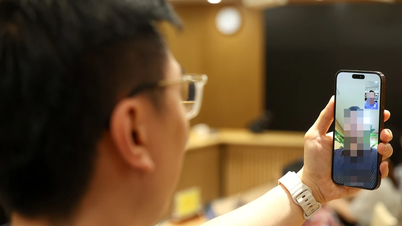

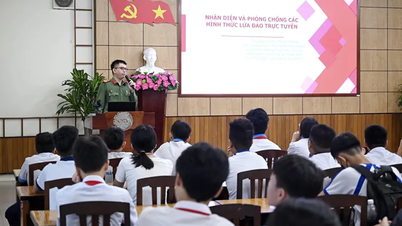

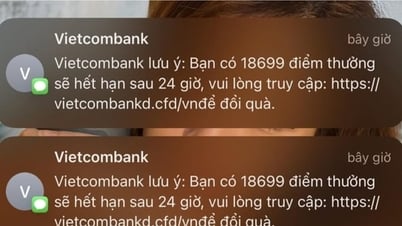

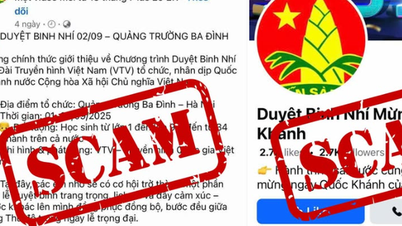










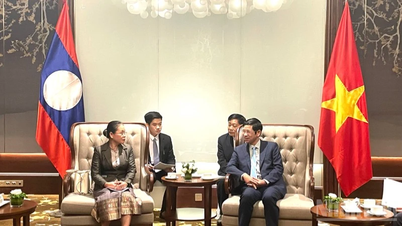








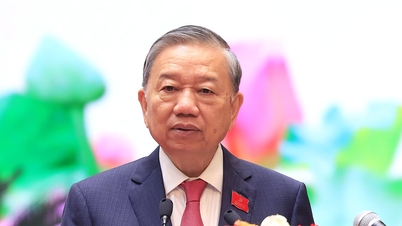











































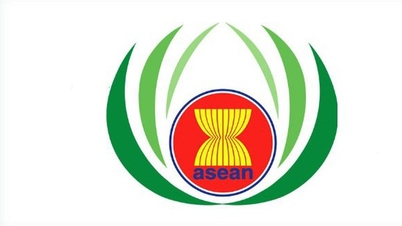





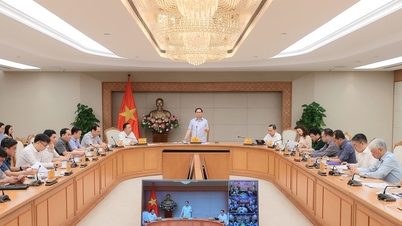



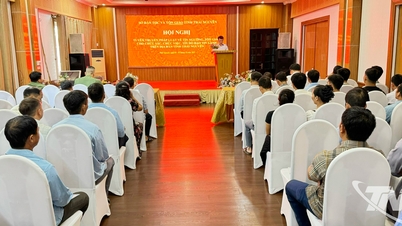

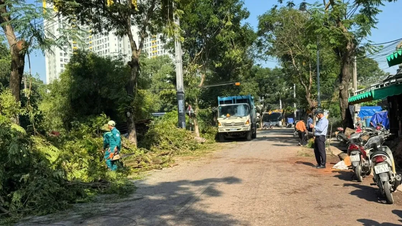













Comment (0)